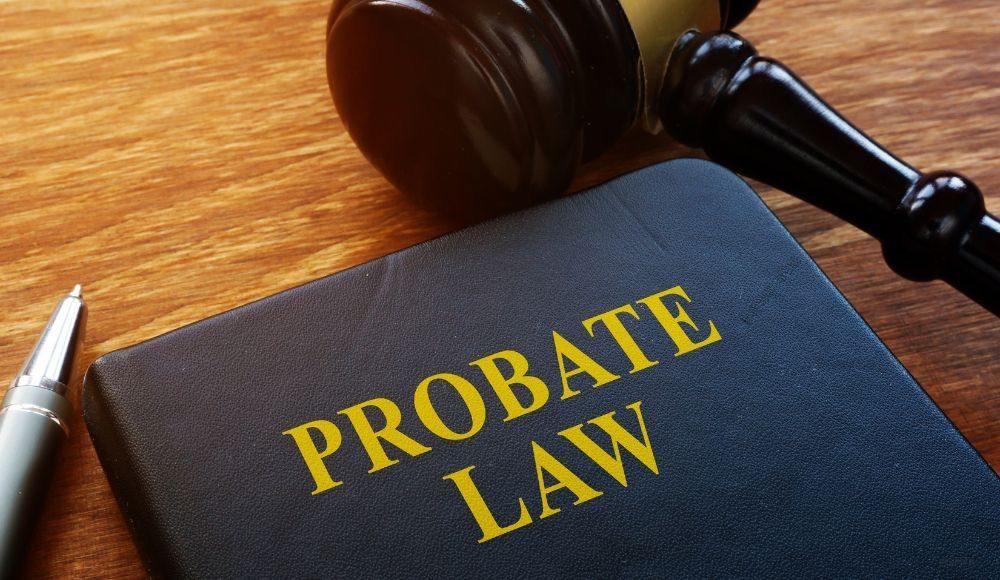Corporate Formation and Structure

Choosing the right business entity is a crucial decision that can impact your company's legal obligations, tax responsibilities, and overall success. As corporate attorneys, we understand the importance of selecting the right structure and ensuring that all legal requirements are met. This guide will explore different business entities, the steps involved in forming a corporation, and strategies for optimizing your corporate structure.
Comparison of Different Business Entities
When forming a business, the two most common entities are Limited Liability Companies (LLCs) and Corporations. Each has its advantages and disadvantages, which are important to consider.
LLCs (Limited Liability Companies)
Advantages:
- Flexibility: LLCs offer flexible management structures and fewer formalities compared to corporations.
- Pass-Through Taxation: Profits and losses pass through to the owners' personal tax returns.
- Limited Liability: Owners (members) are typically protected from personal liability for business debts and claims.
Disadvantages:
- Self-Employment Taxes: Members must pay self-employment taxes on their share of the profits.
- Less Prestige: Some investors perceive corporations as more prestigious and credible.
Corporations
Advantages:
- Limited Liability: Shareholders are generally not personally liable for corporate debts and liabilities.
- Attracting Investors: Corporations can issue stock, making it easier to attract investors.
- Tax Benefits: Potential for tax benefits through deductions and lower tax rates on retained earnings.
Disadvantages:
- Taxation: C Corporations face taxation on profits at the corporate level and on shareholder dividends.
- Complexity and Cost: More complex and costly to establish and maintain, with more regulatory requirements.
- Formalities: Corporations must adhere to strict formalities, including holding regular board and shareholder meetings.
Steps Involved in Forming a Corporation
1. Choose a Business Name
Select a unique name that complies with Pennsylvania's corporate naming rules and check for availability.
2. Prepare and File Articles of Incorporation
Draft and file Articles of Incorporation with the PA Secretary of State. This document includes essential details about your corporation, such as its name, purpose, and the number of authorized shares.
3. Create Corporate Bylaws
Bylaws outline the corporation's internal management structure and operating procedures. Although not filed with the state, they are crucial for corporate governance.
4. Appoint Directors and Hold an Initial Board Meeting
Appoint the initial directors who will oversee the corporation. Hold the first board meeting to adopt bylaws, appoint officers, and address other key organizational matters.
5. Issue Stock
Issue stock certificates to the initial shareholders, documenting their ownership in the corporation.
6. Obtain Necessary Licenses and Permits
Ensure your corporation has all required federal, state, and local licenses and permits to operate legally.
Strategies for Optimizing Corporate Structure
Maximize Tax Benefits
- Elect S Corporation Status: Profits and losses pass through to shareholders' personal tax returns.
- Utilize Deductions: Take advantage of available tax deductions, such as business expenses, salaries, and benefits.
Enhance Liability Protection
- Maintain Corporate Formalities: Regularly hold board and shareholder meetings, keep minutes, and ensure all corporate records are up to date to maintain liability protection.
- Separate Personal and Business Finances: Keep personal and corporate finances distinct to reinforce the separation between the entity and its owners.
Attract Investors
- Issue Different Classes of Stock: Create multiple classes of stock to attract a diverse range of investors and provide flexibility in distributing profits and voting rights.
Forming a corporation involves several critical steps, from choosing the right entity to optimizing your corporate structure for tax benefits and liability protection. By understanding these steps and strategies, you can set your business up for long-term success.
Ready to form your corporation?
Contact Bingaman Hess for professional guidance and legal support. Our experienced corporate attorneys are here to help you navigate the process and ensure your business is built on a solid legal foundation.
News & Information

Contact Us Today
Sound legal advice is based on years of training, hard work, and passion, as well as familiarity with legislation and precedent and sound consideration. You’ll find all that and more at Bingaman Hess.
We will get back to you as soon as possible
Oops, there was an error sending your message.
Please try again later!
Wyomissing
Kutztown
Harrisburg
610.374.8377
2601 N. Front Street
Suite 206
Harrisburg, PA 17110
Media
Wilkes-Barre
610.374.8377
12-14 West Northampton Street,
Suite 7
Wilkes-Barre, PA 18701
We have been providing exceptional service, advice, and representation to clients for more than 60 years.
Serving Berks, Lehigh, Northampton, Bucks, Montgomery, Philadelphia, Chester, Delaware, Lancaster, Lebanon, Dauphin, Schuylkill, York, Carbon, Luzerne, Monroe, Columbia and Northumberland counties
The Bingaman Hess web site is intended to provide information (not advice) about the firm, its lawyers and new legal developments. Visitors to this web site should not act upon this information without consulting with legal counsel. Transmission and receipt of materials provided by Bingaman Hess's web site is not intended to and does not create an attorney-client relationship. Please be further advised that the act of sending e-mail to an attorney at Bingaman Hess will not create an attorney-client relationship. If you are not currently a client of Bingaman Hess your e-mail will not be privileged and may be disclosed to other persons. This web site is not intended to be advertising and Bingaman Hess does not wish to represent anyone desiring representation based upon viewing this web site in a state where this web site fails to comply with all laws and ethical rules of that state. This web site is meant to be informational only, consistent with our profession's obligation to help inform not only our clients but to cultivate knowledge of the law in the public in general.
Bingaman Hess Attorneys at Law, All Rights Reserved









